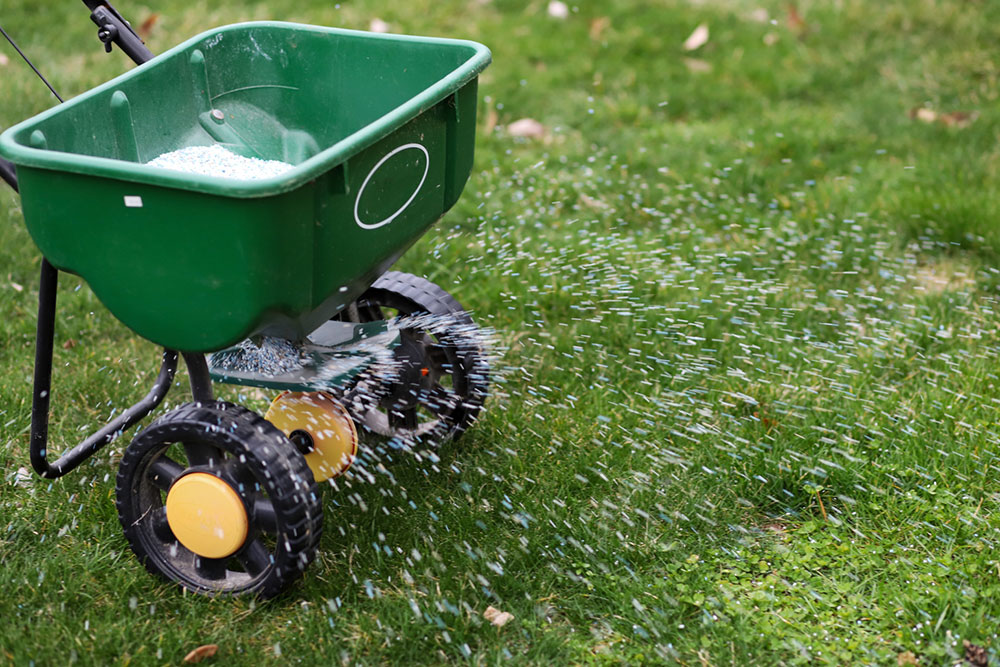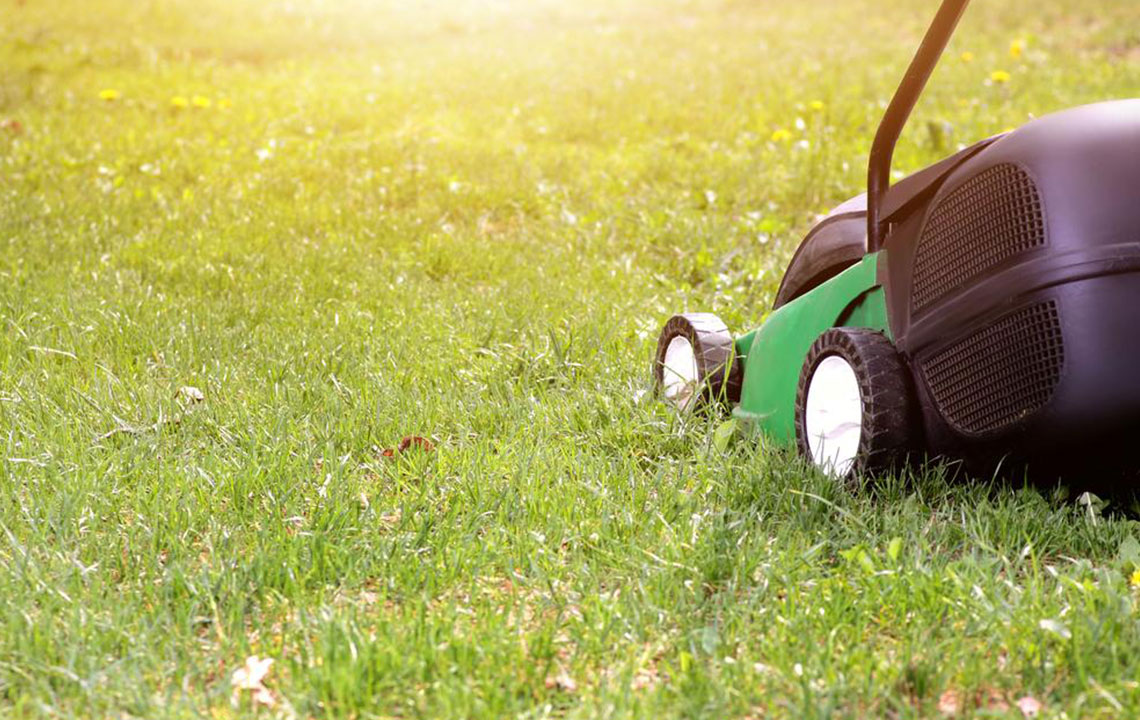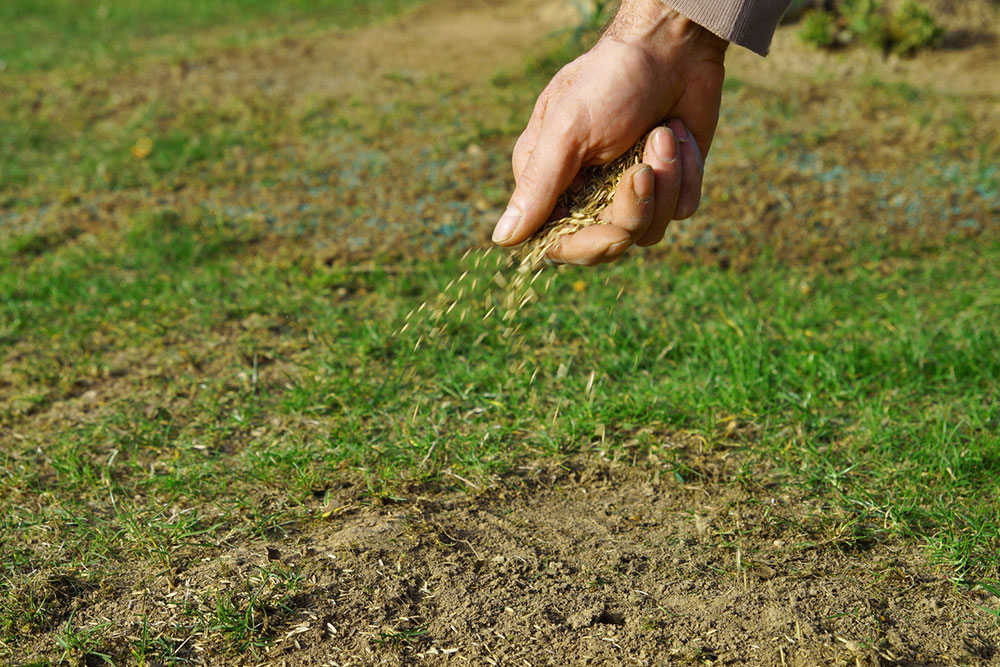Expert Strategies for Fertilizing Your Bermuda Lawn
Learn how to effectively fertilize your Bermuda grass lawn with expert tips on timing, natural DIY options, and soil health strategies. Maintain a vibrant, resilient turf year-round with proper fertilization practices suited for warm climates.

Maintaining a lush and healthy Bermuda grass lawn hinges on consistent fertilization, which boosts its verdant color and robustness. Renowned for thriving in warm climates and dense growth, Bermuda grass responds well to proper nutrient management. Knowing the right times and methods for fertilizing maximizes your lawn's vitality. This article shares essential tips on fertilization importance, ideal schedules, and DIY organic options to keep your Bermuda turf vibrant throughout the year.
Why Fertilize Your Bermuda Grass?
Providing the necessary nutrients through fertilization sustains its vibrant hue and dense appearance. Regular feeding enhances soil health, aids recovery from weather challenges, and minimizes pest and disease issues.
Key benefits of fertilizing Bermuda lawns include:
Improved Density and Vibrancy
High-quality fertilizers keep the grass lush and thick, ensuring a manicured look.
Soil Health Support
Fertilizers enrich the soil, strengthening root systems and boosting growth.
Speedier Recovery
Proper nutrition helps Bermuda recover swiftly from drought, heavy traffic, or harsh weather.
With proper fertilization, pest, weed, and disease control becomes more manageable, maintaining an attractive lawn year-round.
Timing for Optimal Fertilization
The best window for fertilizing Bermuda grass is during spring (March-May), to promote strong growth and sustained greenness into summer.
Check Soil Temperature
Use a soil thermometer to ensure temperatures are between 65-75°F before applying fertilizer.
Post-Spring Fertilization Schedule
Continue with nitrogen-rich fertilizers into late summer (July-August). Transition to potassium-rich formulations in early fall (September-October). Avoid fertilization during winter dormancy.
Eco-Friendly DIY Fertilizer Ideas
Cost-effective and environmentally friendly options include compost tea and recycling coffee grounds, which provide vital nutrients without synthetic chemicals.
Homemade Compost Tea
Steep kitchen scraps like vegetable peels, banana skins, and eggshells in water, aerate, strain, and then apply to your lawn for natural nourishment.
Using Coffee Grounds
Mix used coffee grounds into water or directly sprinkle onto soil—adding nitrogen and reducing diseases.
Note: Our blog offers a variety of practical, research-based tips across different topics. While we strive for accuracy, readers should treat this content as a guide and verify details or consult professionals for personalized advice.


